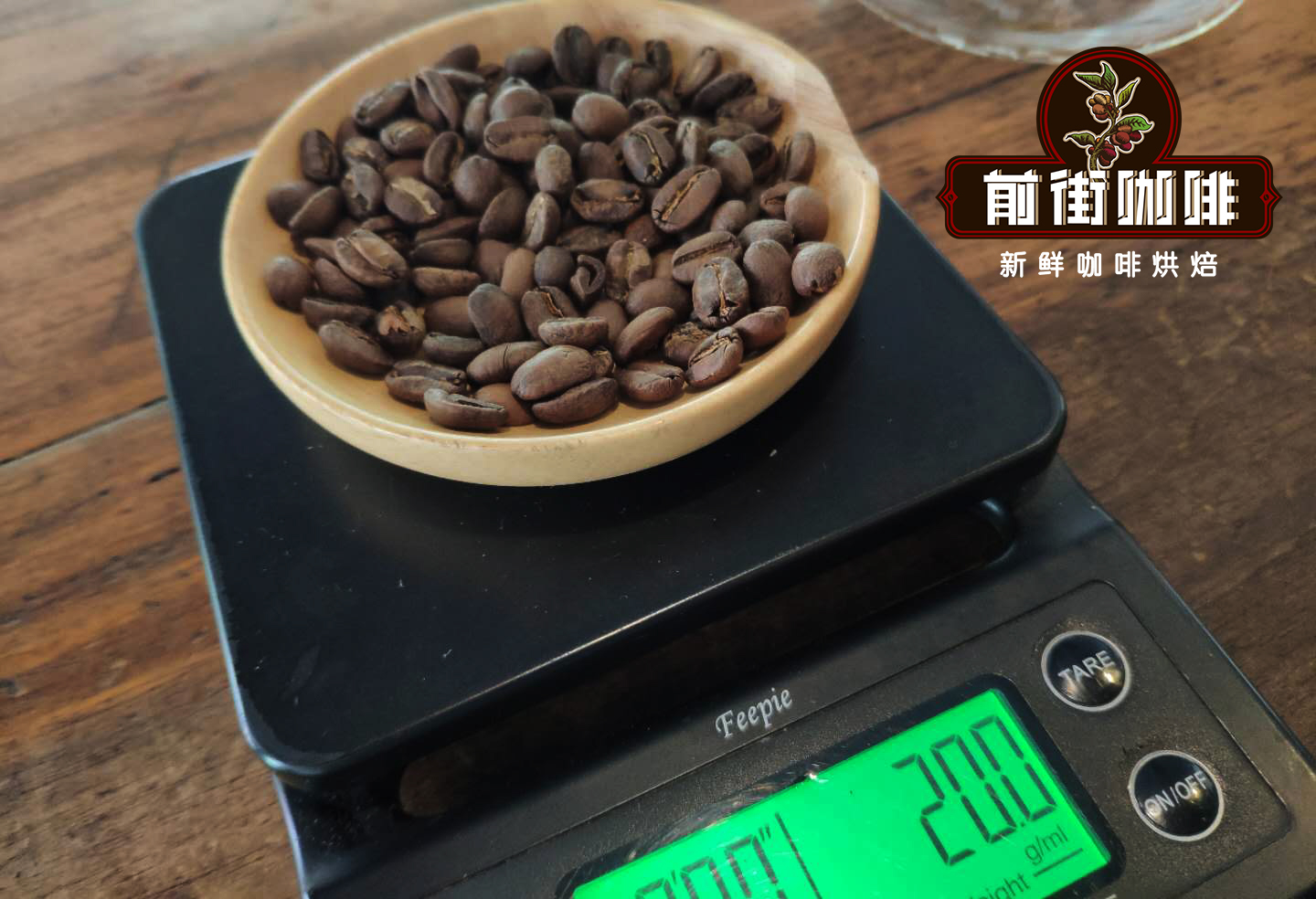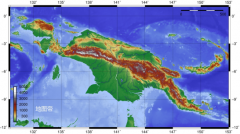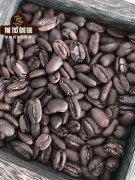What kind of coffee is boutique coffee? Can Brazilian boutique Robsta be called boutique coffee?

Boutique coffee is usually associated with Arabica coffee beans, while robusta beans are usually associated with commercial coffee, instant coffee or blended coffee.
Although Arabica caffeine is famous for producing cup contours suitable for special coffee, the key to its success lies in its attention and attention to its production and processing processes, as well as the resources and research invested to encourage its production. This shows that a similar degree of attention to Robusta can improve its quality.
In Brazil, the production of Robusta specialty products is slowly developing, and a small number of manufacturers are beginning to tap their market potential. This is the recognition of this coffee and the development of boutique dishes in the country's Robusta.
The characteristics of robusta coffee
Robusta is a member of the canffe canephora family and a cousin of Araba Coffee. However, in Brazil, Robusta Coffee and Cornell Coffee are sister varieties of coffee, they have similar characteristics and grow equally. Nevertheless, Brazilian Conilon and Robusta coffee are sold internationally in the form of Robusta.
Another unique Robusta product exists in the form of Amazonia Robustas. The coffee, which is grown only in the Matas deRond ô nia region, is becoming the first Coffea canephora in the world to receive a geographical indication tag. Although Robusta's cup quality is usually poor compared with Arabica coffee, it also has advantages in agronomic properties, including heat resistance and disease resistance.
Arthur Fiorott is a director of SafraAgroneg ó cios and is based in Linhares in Esp í ritto Santo, Brazil. "when we analyze high-quality robusta coffee, we look for something that is strong and sensory," he told me. In contrast to the commonly used ones, they have high acidity, medium sweetness and low bitterness. They are robust coffee with complex sensory changes. "
Although special Robusta can have the above properties, no two cups will be exactly the same, because each cup is produced and processed differently. Lucas Venturim (Lucas Venturim) is a fifth-generation producer whose family farm, Fazenda Venturim, specializes in boutique Robusta. "We mainly work with peeled cherries, but we also produce natural batches of honey, and for fermentation, we have several processes, including adding yeast (initial culture)," he told me. "
Joaquimin á cioSert ó rioNeto, a Robusta classifier and Conilon consultant from Brazil, describes Robusta's unique sensory characteristics: "rich." Long aftertaste, low medium acidity, bitter and fruity. And spices. "

These qualities need to be considered in the baking process. Joaquim explained: "as a roaster, I have to consider raw materials." It contains half the sugar, less acid, and its structure is much harder than Arabica coffee. " This means that he needs to pay attention to maintaining the sweetness and acidity of the coffee during baking. Because of the professional methods required, many Robusta professional producers bake and sell their own coffee, as few roasters have the necessary expertise to do so.
When brewing Robusta specialty wine, keep in mind that it has more soluble solids than Arabica coffee, Lucas said. "the suggestion is to modify some extraction variables.... To adjust the extraction. For example, you can. Use lower water temperature, use thicker grinding, and even reduce the ratio of coffee to water. "
In the past, Robusta specialties were used to add more body and caffeine to coffee mixtures and were rarely used as a single source of coffee, Joaquim said. This may be because it tastes different from Arabica coffee and requires getting used to it. He explained that robusta and Arabica coffee should not be compared because they have different properties: "this is a kind of caffeine, high in caffeine and low in sweetness, so it may seem strange at first glance."
Robusta has begun to gain recognition in the specialty coffee industry. In 2010, the International Coffee quality Association (CQI) issued the official Fine Robusta Standard and Agreement, which is based on the Professional Coffee Association's Arabica Coffee grading method. These protocols are added to the Institute's Q Grader Robusta certification and are designed to help the industry distinguish between good and bad Robusta.
Vietnam is currently the world's largest producer of Robusta, followed by Brazil and is likely to overtake Brazil in the future, giving the country an advantage in producing Robusta specialties. Some local producers have begun to notice. Lucas said: "[Specialty Robusta] the producer community. We still don't have a lot... Everyone knows each other. We set up a group to share information and experience, and we help each other because everything is new. "
Organizations and groups are being formed to help Robusta professional producers meet with other producers and increase their knowledge. The Brazilian Special Coffee Association has recognized that the world is increasingly accepting professional Robusta, as well as producers starting farming. Vanusia Nogueira, director of SCA Brazil, said that by improving the quality of professional Robusta, manufacturers are helping to arouse market interest and recognition.
The vast majority of Robusta specialties are of high quality, further boosting production. In Brazil, Arthur said, "one crop can produce about 80 to 100 hectares of bags (4800 to 6000 kilograms), of which there may be about 60 bags of high-quality [Robusta] coffee." This could lead to an increase of 59.5 per cent in exports from 2019 to 2018 and 27.2 per cent from 2019 to early 2020.

Production and Marketing of Robusta's Fine Agricultural products
Although the number of professional producers in Robusta in Brazil is small, it is likely to grow in the future. "Last year, our demand for coffee far exceeded our production, and fortunately we were able to help other producers participate in the market," Lucas explained.
However, there are shortcomings. Because each plant is multi-stemmed, mechanization is challenging, making manual harvesting the best way to separate fruit from the branches without harming cherries.
In addition, producers must compete with Brazil's reputation for producing commodity-grade coffee, leading many buyers and consumers to consider robusta coffee to be inferior. However, Arthur pointed out that this situation is changing. In the past two or three years, great changes have taken place in the domestic market. The special coffee market is very curious and always eager for news, and we have gradually gained these opportunities.
In order for more people to adopt Robusta expertise as a viable option, they need to experience it. Lucas explains that most people have only read articles about Robusta or tried low-quality samples. He explained that after experimenting with Robusta specialty products in person, "many people know that this kind of coffee will have the potential to attract a new audience [and] become a new product portfolio for their business."
Robusta specialty may not be as well-known as Arabica specialty (Arabica), but that may change in the future due to the efforts of its producers. However, to find new markets in Brazil and around the world, coffee buyers will need to appreciate it as their own product, without having to compare it with Arabica coffee.
By learning about the boutique products offered by Robusta, buyers can help bring it to market as a new way to experience coffee, rather than replacing Arabica coffee. As Lucas said: "We want to produce a coffee with our own identity, which is a new portfolio of roasters so that they can attract new audiences through this product!"
Important Notice :
前街咖啡 FrontStreet Coffee has moved to new addredd:
FrontStreet Coffee Address: 315,Donghua East Road,GuangZhou
Tel:020 38364473
- Prev

Papua New Guinea Paradise Bird Manor Coffee beans Little Blue Mountain, known as the flavor of Paradise Bird Coffee beans
Professional coffee knowledge exchange more information about coffee beans Please follow the coffee workshop (Wechat official account cafe_style) Papua New Guinea is a country familiar to coffee lovers but unfamiliar to coffee lovers. Many people have heard of Papua New Guinea coffee, but they drink very little. Many lovers who have drunk coffee from Papua New Guinea will describe it as a feeling with the Blue Mountains.
- Next

Special coffee bean varieties from Aceh, Sumatra, Indonesia, long-body dragon fruit coffee flavor
Professional coffee knowledge exchange more information about coffee beans Please follow the coffee workshop (official account cafe_style of Wechat) when talking about Indonesian coffee beans, the first thing that comes to mind is Manning coffee. Manning is deeply loved by the public for its mellow, calm and sour coffee flavor. Qianjie Coffee is also one of the fans of Mantenin Coffee beans. He asked if there was any in the Qianjie Cafe.
Related
- Beginners will see the "Coffee pull flower" guide!
- What is the difference between ice blog purified milk and ordinary milk coffee?
- Why is the Philippines the largest producer of crops in Liberia?
- For coffee extraction, should the fine powder be retained?
- How does extracted espresso fill pressed powder? How much strength does it take to press the powder?
- How to make jasmine cold extract coffee? Is the jasmine + latte good?
- Will this little toy really make the coffee taste better? How does Lily Drip affect coffee extraction?
- Will the action of slapping the filter cup also affect coffee extraction?
- What's the difference between powder-to-water ratio and powder-to-liquid ratio?
- What is the Ethiopian local species? What does it have to do with Heirloom native species?

